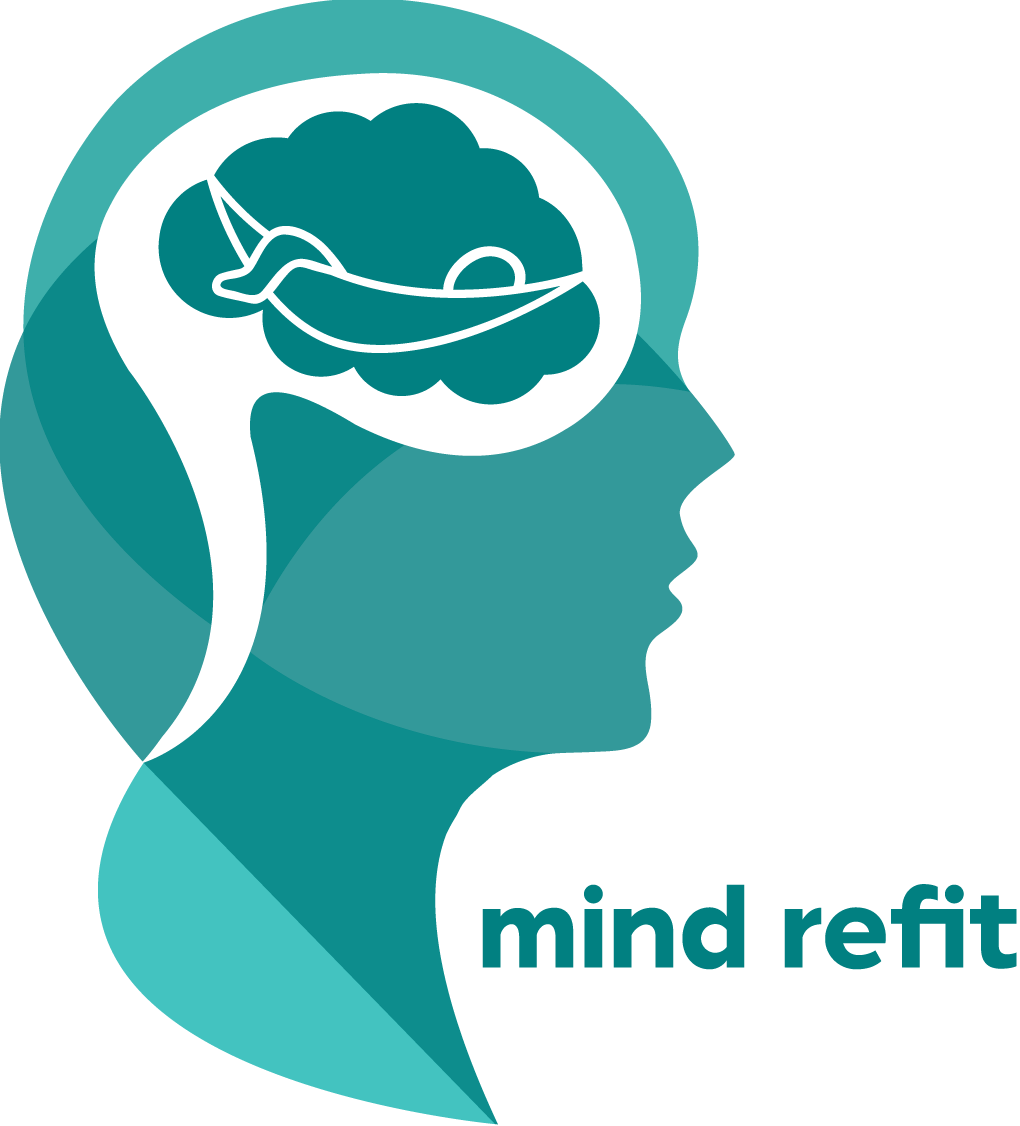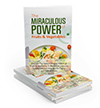
Almost instantaneously, we went from going about our normal lives to being scared into isolation. Before we knew it, a temporal 2-week watch period turned into massive deaths, economic decline, job loss, travel bans, not to mention extreme stress levels. It’s quite disheartening and EVERYONE has been affected in some way.
Covid-19 or not, life is stressful enough as it is, and as individuals, we deal with situations differently and have unique ways of processing fear and anxiety. Even when restrictions are easing up, STRESS is still the elephant in the room that needs to be addressed.
What Kind of Dangers do Stress Pose?
Briefly, stress is your body’s physical or emotional reaction to a challenge or demand, mostly due to any event or thought that could make you feel frustrated, angry, or nervous. Stress, in short bursts, is not all bad – it can be positive, like, in some cases, helping you avoid danger.[1] But, in other cases, it can be overwhelming and cause strong emotions.[2] A few dangers include;[2,3]
- Causing significant changes to your sleep (difficulty sleeping) or eating (unstable appetite) patterns.
- Lack of focus and/or difficulty concentrating.
- Compromising your immune system and causing you to be susceptible to illnesses.
- Causing panic attacks, high blood pressure, and adverse effects to your body’s internal organs.
- If you’re currently experiencing chronic health problems and/or mental health conditions, the presence of stress will worsen such condition(s).
- Leading to the abuse or increased use of tobacco, and/or alcohol and/or other potentially dangerous and life-threatening substances.
If, in times of difficulty, you experience one or a combination of the above or some other reaction that is outside your body’s usual response, you may be experiencing stress. It’s important to monitor your body’s physical and emotional responses from time to time. Identifying stress means that you can cope and/or manage it before it becomes problematic or fatal.
What to do in Stressful Situations?
For instance, you’re dealing with the death of a loved one, a painful divorce, planning to get married, an unplanned pregnancy, or perhaps you lost an important job (one that caters for you and yours), and to cap your unique challenge(s) is the economic unrest and life threats posed by a dangerous disease outbreak, the first thing you should remember is DON’T FREAK OUT!
Next, you could try a combination of the following;
1. Don’t ignore the problem
Avoiding or putting off your problems can pile stress up and it could become a serious concern at a later time. Take a moment to breathe and reflect on your current situation. Don’t wallow. Just analyze it. Is there something you could’ve done differently? Is there a root cause? Whether there is or there isn’t, facing the problem head-on can provide insight to a possible solution or at least help you control how you react to it.
2. Positive affirmation
Accept the unfortunate events and weigh it against the positives. Even when it seems like there are more minuses than pluses, remember that LIFE is the greatest blessing. Affirm that everything will be alright and that you control the situation and the situation does not control you. Even when you don’t have an action plan, repeat the words until you’re calm and in control of your physical and emotional response to the situation.
3. Detaching yourself from potential stress triggers
Are there people counting on you? Do you have obligations to fulfill and pertinent timelines, yet, there’s little to no possibility of meeting up? First, understand that, sometimes, the odds may be against you and you may not be able to control everything. Confront those responsibilities by informing those involved that you may not meet up due to certain temporal limitations. Make sure you’re not pressured into new deadlines that you’re not certain you’d meet.
It may cost you a little bit of embarrassment but such an action could be freeing. Whatever it would take to detach yourself from stress triggers should be done without delay. When you’re a little stress-free, do your best to execute those responsibilities to avoid future pressures.
4. Speak to a trusted family/friend/mentor
There’s a saying that goes “a problem shared is a problem half-solved”. What it means is that you’ve unburdened yourself and now you don’t have to deal with the stress of the problem, only the problem itself :). Besides, trusted companions can offer you real assistance, advice, or simply lend an ear and/or a hug.
5. Take some time out to chill
Self-care is important and it’s okay to take some time out to recharge your batteries. Spend time engaging in leisure activities you enjoy or spend time in the company of loved ones, playing and hanging out. Being around people you love and who love and care about you can reduce your stress significantly.
6. Engage in some stress-relieving activities
Sometimes, you may need to release stress hormones. Exercise, massage, yoga and meditation, watching a comedy, listening to uplifting music, dancing, saying a prayer, and/or eating foods[4] like yogurt, fatty fish, or dark chocolate could help reduce your stress levels.
7. Visit a certified health professional
Although stress is not a medical diagnosis, in some cases, you may need special medical care and attention, even medication to reduce stress, rehabilitate, and refresh you for a fresh start. This option may be explored if your stress becomes too difficult to manage with the natural options that are already available to you. Under the supervision and guidance of a certified medical professional, here are some stress treatments that are medically available;[5]
- Therapy, including;
- Cognitive behavioral therapy (CBT), which could help you process and understand your thought patterns, recognize your stress triggers and identify some positive actions you can take.
- Mindfulness-based stress reduction (MBSR), a therapy that combines mindfulness, meditation, and yoga with a particular focus on stress-reduction.
- Complementary therapies, such as acupuncture and aromatherapy.
- Medication – some medication that may be prescribed include;
- Sleeping pills or minor tranquilizers for those having trouble sleeping
- Antidepressants for those experiencing depression or anxiety
- Some medications may also be prescribed to treat any physical symptoms of stress, such as irritable bowel syndrome (IBS), or high blood pressure.
In Closing
Stress can build up or happen all of a sudden. When you’re frazzled in the middle of a stressful event, what you can do immediately is breathe, take a walk, take a drive, and if you have the opportunity, air your feelings respectfully. Some other remedies would be to go to a distant location and scream where no one can hear you or scream into your pillow for a temporary release of all that pressure building up in your chest and then, you’d be ready to deal with the situation that may be causing you stress.
Remember, stress is not the problem but a reaction to the problem, so try as much as possible not to make stress an addition to the problem. Managing stress can help you learn to adapt and be more productive and emotionally equipped to move on to better days.
References
- MedlinePlus Medical Encyclopedia, (n.d.). U.S. National Library of Medicine. Stress and your health. Retrieved August 04, 2020, from; https://medlineplus.gov/ency/article/003211.htm#:~:text=Stress%20is%20a%20feeling%20of,danger%20or%20meet%20a%20deadline.
- Centers for Disease Control and Prevention, 2020. Coping with stress. Retrieved August 04, 2020,A from; https://www.cdc.gov/coronavirus/2019-ncov/daily-life-coping/managing-stress-anxiety.html
- TryStressManagement, (n.d.). Everything you need to know about stress in one place. Retrieved August 04, 2020, from; https://trystressmanagement.com/?gclid=CjwKCAjwjqT5BRAPEiwAJlBuBfpLXgKtG78hToqNiqBo5jPKPX4yNCAyPFvgJ1D_B9DaVJ6w5TzVZxoCHjsQAvD_BwE
- Medically reviewed by Natalie Butler, R.D., L.D. — Written by Cathleen Crichton-Stuart on August 1, 2018. What are some foods to ease your anxiety? Medical News Today. Retrieved August 04, 2020, from; https://www.medicalnewstoday.com/articles/322652
- Mind, 2017. How to manage stress. Retrieved August 04, 2020, from; https://www.mind.org.uk/information-support/types-of-mental-health-problems/stress/treatment-for-stress/





0 Comments